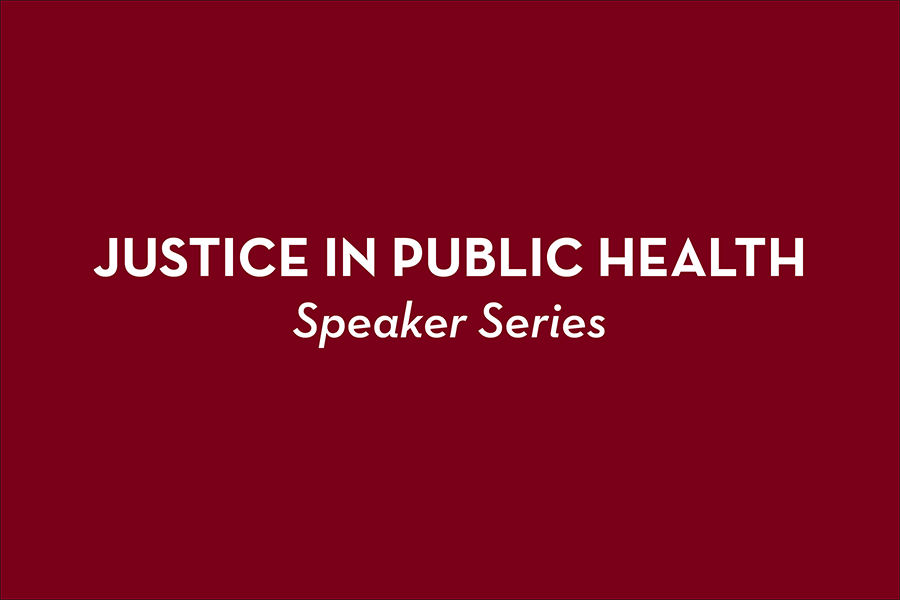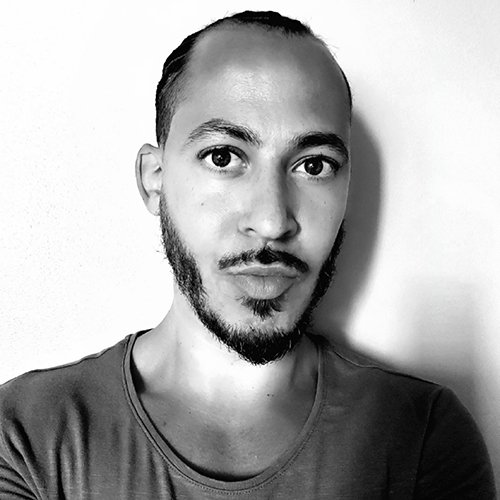Positivist. Reductionist. Settler-colonial. Racial-capitalist. Extractivist. Expropriative. Pathologizing. Stigmatizing. All words that describe the dominant “ritual” of racial health equity knowledge production—wherein credentialed researchers mine marginalized communities for data to (re)package and (re)distribute as their own knowledge. Unexamined in this ritual are matters of positionality, epistemic justice, and procedural justice in the production and curation of knowledges/narratives about health in communities of color. In the US, this production is dominated and curated mostly by White scholars—from tenure-track faculty positions, to funding review panels, to editorial boards, to peer-review bodies. In short, the public health knowledge production and curation enterprise is structurally racist, and it is time that we confront the inherent contradictions of a health equity discourse that fails to interrogate the racialized knowledge/power dynamics that animate it. Moreover, it is time that we remix the canon and forge a future field capable of doing our health narratives epistemic (and poetic) justice.
In this spirit, I draw from social epidemiology, critical, Black feminist, and decolonial theory literatures to outline a public health of “radical openness and possibility” (hooks)—an inclusive space rooted in antiracist and decolonizing praxis for the production of counternarratives within discourse of health (in)equity. I discuss/reflect on applications of creative, participatory, and decolonized approaches within my own work that center considerations of epistemic justice, data justice, and narrative power, e.g. research/pedagogies of refusal, ‘rememory’ (Morrison), and resurgence. In doing so, I articulate a vision of a creative public health praxis that challenges public health’s history of violence against our bodies, its (re)colonization of our lives, and its (a)political silence on matters of epistemic and social injustice. I further suggest the epistemological, ethical, and material imperative of remixing/reimagining public health knowledge production, expression, and curation practices to more fully—and unapologetically—”center the margins,” with poetry a necessary format of health equity discourse for resistance and healing.



